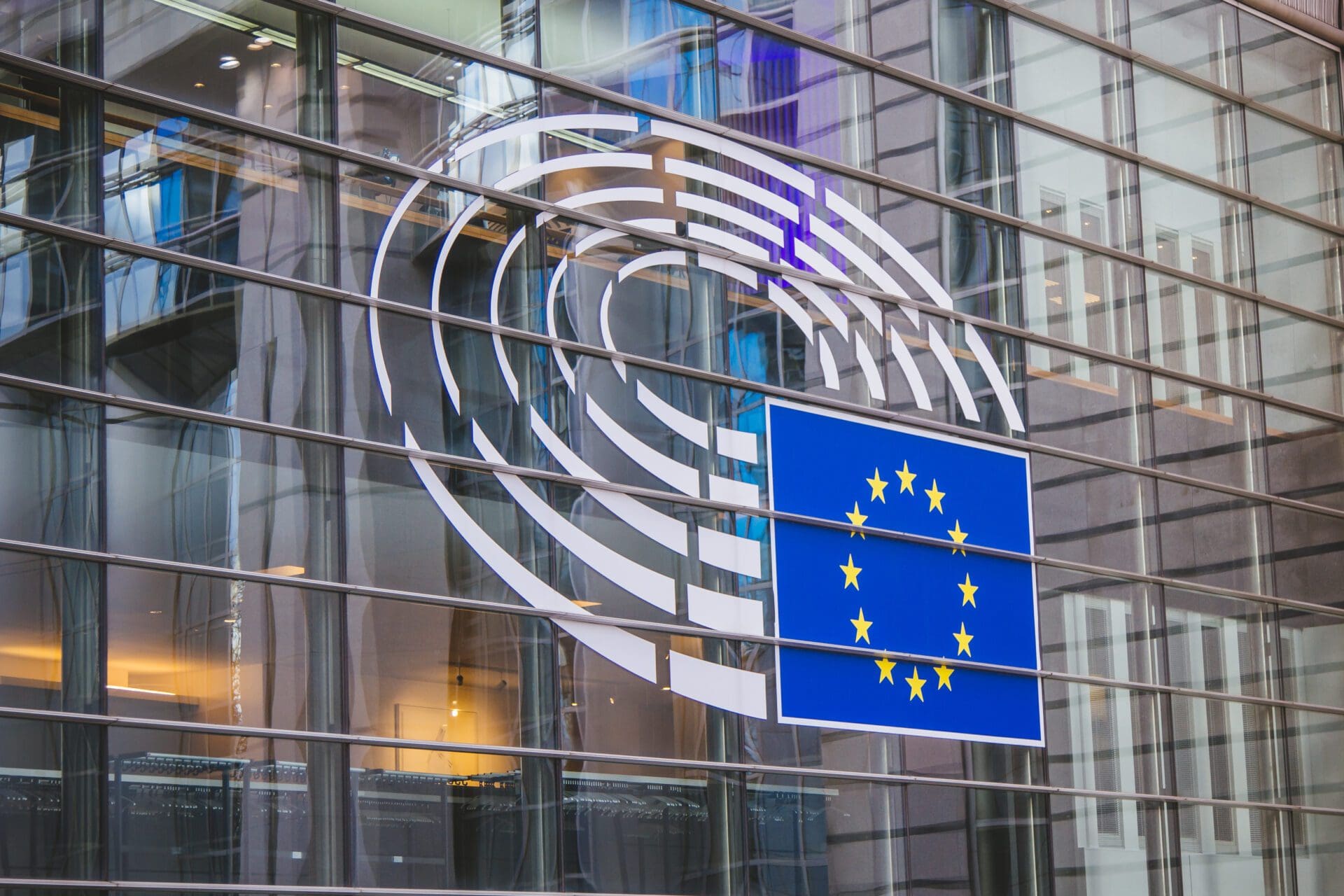On 14 September 2022, the European Parliament held another debate on the rule of law in Hungary, and on 15 September it adopted another resolution, in which it expressed its usual criticisms of the country. The debate took place after the State of the Union speech by Commission President Ursula von der Leyen, by which time the chamber was spectacularly empty. This may suggest that this topic is becoming a little boring even in Brussels, but it may also show that mainstream MEPs do not want to face the counter-arguments that inevitably arise, at least in such debates. Being faced with counter-arguments could even lead to embarrassing situations for politicians who call Hungary a ‘dictatorship’ on a daily basis, as it can result in risking too much contradiction in the Brussels’ bubble. This was also the case at the last session.
What happened was that Portuguese Socialist MEP Paulo Rangel, after presenting his Hungary-bashing ‘routine’ on the podium, was asked by the Chair to remain there for a few minutes. This is the procedure in the event another member of parliament should wish to ask the presenter an immediate question, known as a ‘blue card’ question. This time, László Trócsányi took the floor in the and asked the million-dollar question: why does the EP not address the politicisation of the judiciary in Western Europe, while it is so concerned about the independence of the Hungarian judiciary? As an example proving his point, he mentioned that the current president of the Constitutional Court in France is the former Socialist Prime Minister Laurent Fabius.
Why is the EP only critical of some Member States and not of others?
Rangel was visibly stunned and could not give a meaningful answer to the question. Like an unprepared student at the exam, he began to deflect, first by pointing to the findings of independent organisations in Hungary, then quickly changed the subject and started to speak about the British electoral system. However, the fundamental question remained unanswered: why is the EP only critical of some Member States and not of others?
Unfortunately, these confrontations are not reported in the press, so they are not recorded for the future. Politicians hardly ever have to reckon with any consequences other than the momentary inconvenience caused by the impromptu questions. After some embarrassing minutes, the story is gone for good, and everyone pretends that nothing has happened and reverts easily to the well-worn anti-Hungarian mantra.
In the event that, by some chance, such an episode does escape the information quarantine, there is another argument that is often raised, namely that while there may be objectionable political and institutional issues in other countries as well, these are isolated cases, whereas in Hungary the threat is ‘systematic’. The main problem with this argument is that if there is no willingness to catalogue and keep questionable cases on the agenda in the case of other countries as systematically as in the case of Hungary, there will never be a ‘Sargentini report’ against Germany, France or Belgium, which could point out systematic threats in these countries. In this respect, the Commission’s annual rule of law reporting system introduced in 2020 has not brought about any change either, because it only includes carefully selected cases from a restricted spectrum, and only examines short periods in the case of most memebr states. As opposed to that, when it comes to Hungary, cases from the early 2010s—even those that have already been settled by common agreement between Hungary and EU institutions—appear again and again in the indictments.
The Hungarian Government tries to refute Brussels’ rule of law accusations point by point
Another trump card similar to ‘systemic problems’ is the so-called ‘overall picture’. This is invoked when the Hungarian Government tries to refute Brussels’ rule of law accusations point by point. For example, in connection with the Sargentini report, the government has published a 180-page document which addresses all the issues raised in the report. However, this is dismissed as ‘legalese’ in the European Parliament, and they point out that one should not get lost in the details by falling for ‘legal manoeuvres’, because it is the ‘overall picture’ that counts. So it does not matter that the specific objections are errouneous, exaggerated or unclear, the emphasis is on the elusive ‘overall impression’.
The problem is that the EU institutions are not supposed to be preparing a lovely impressionist painting, but are attempting to hold a country accountable allegedly in the name of the rule of law. In such processes, it is facts and legal approaches that should dominate the discussions.







